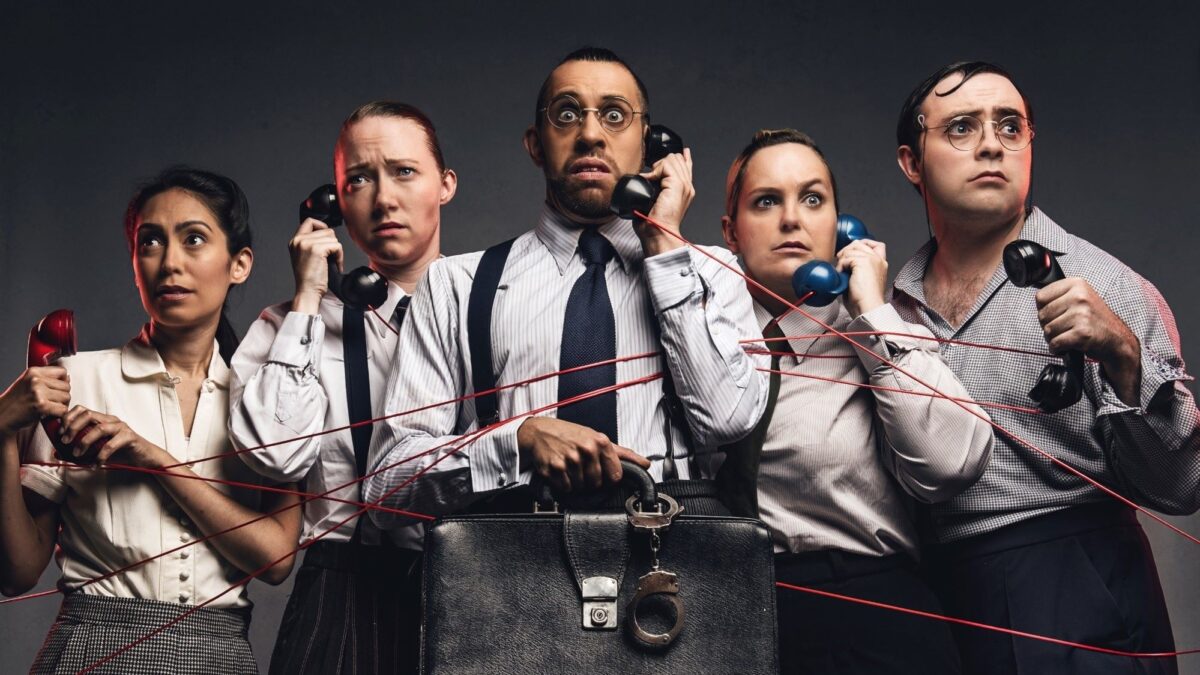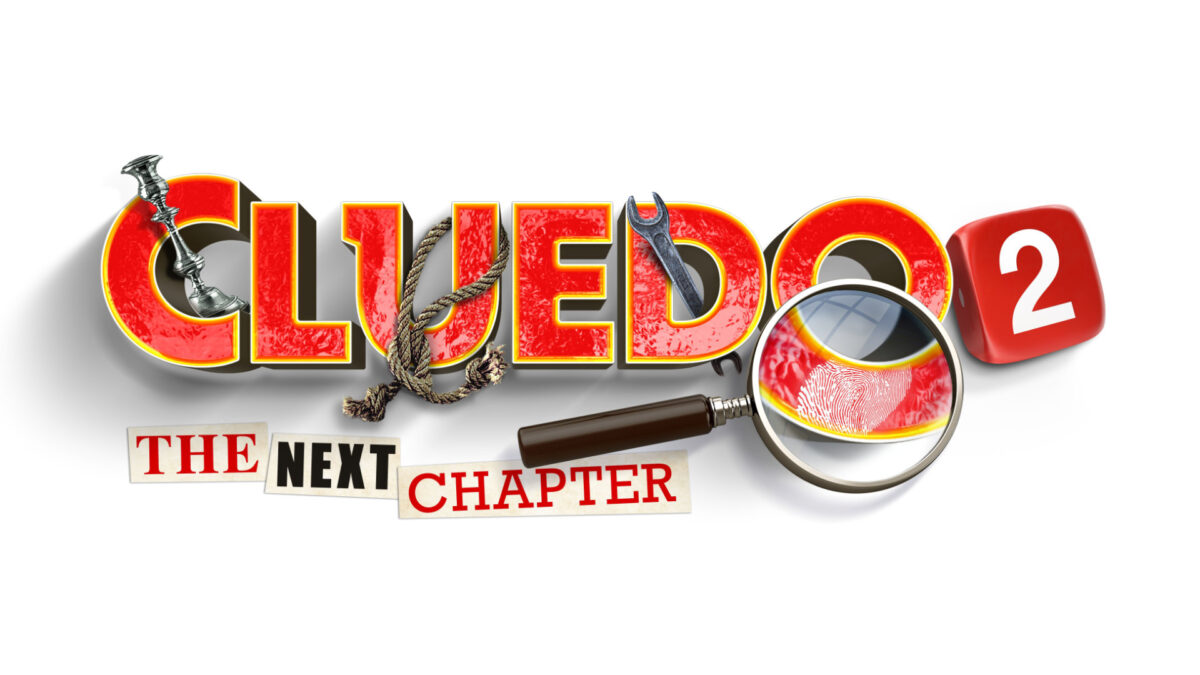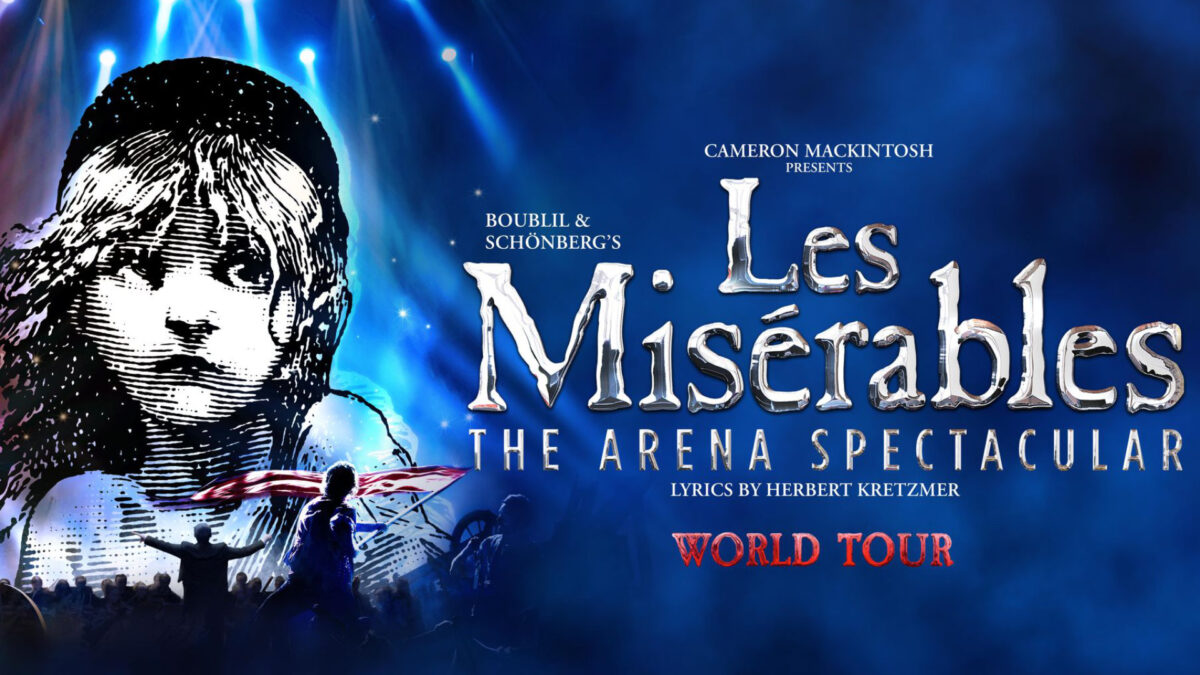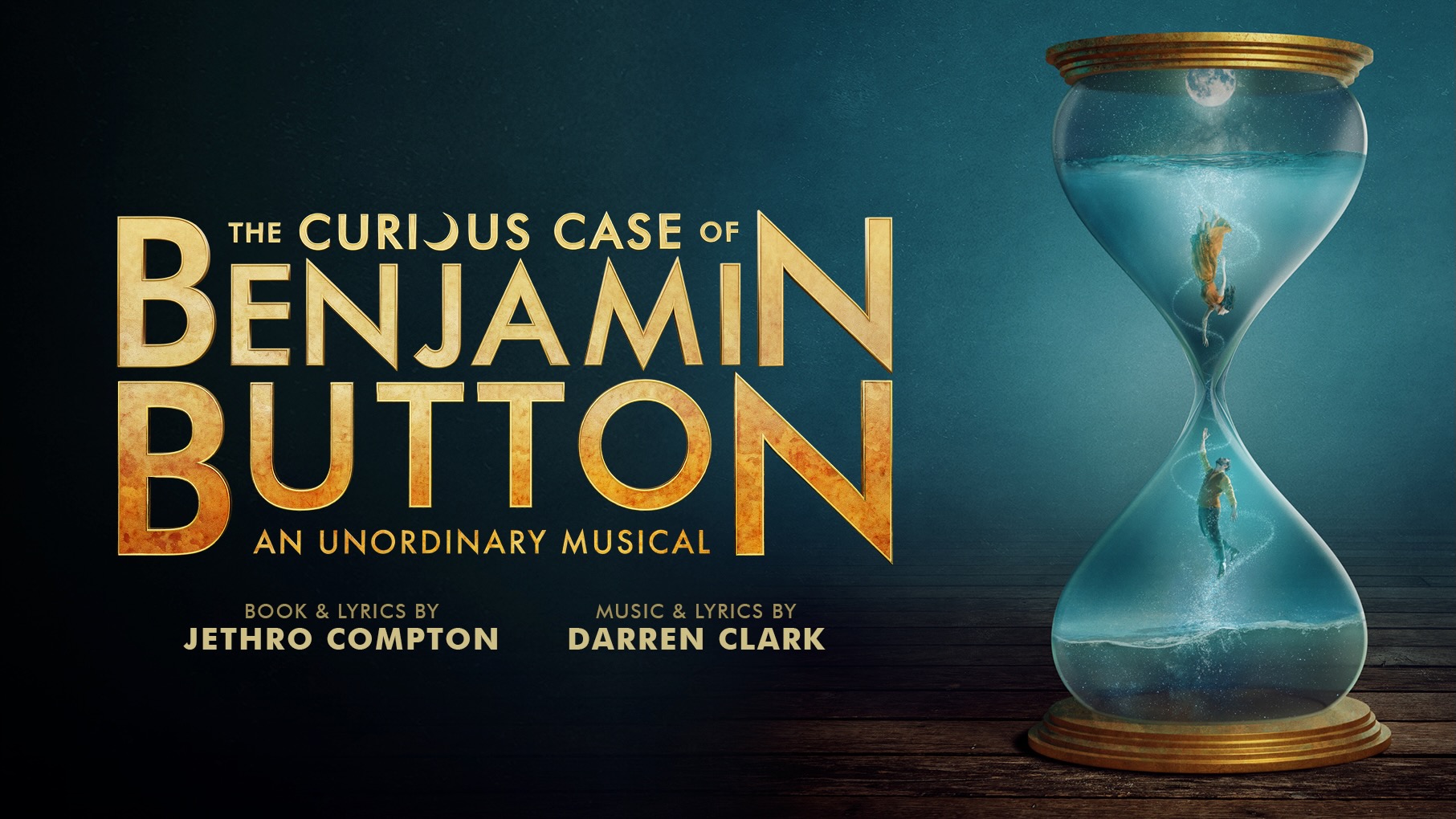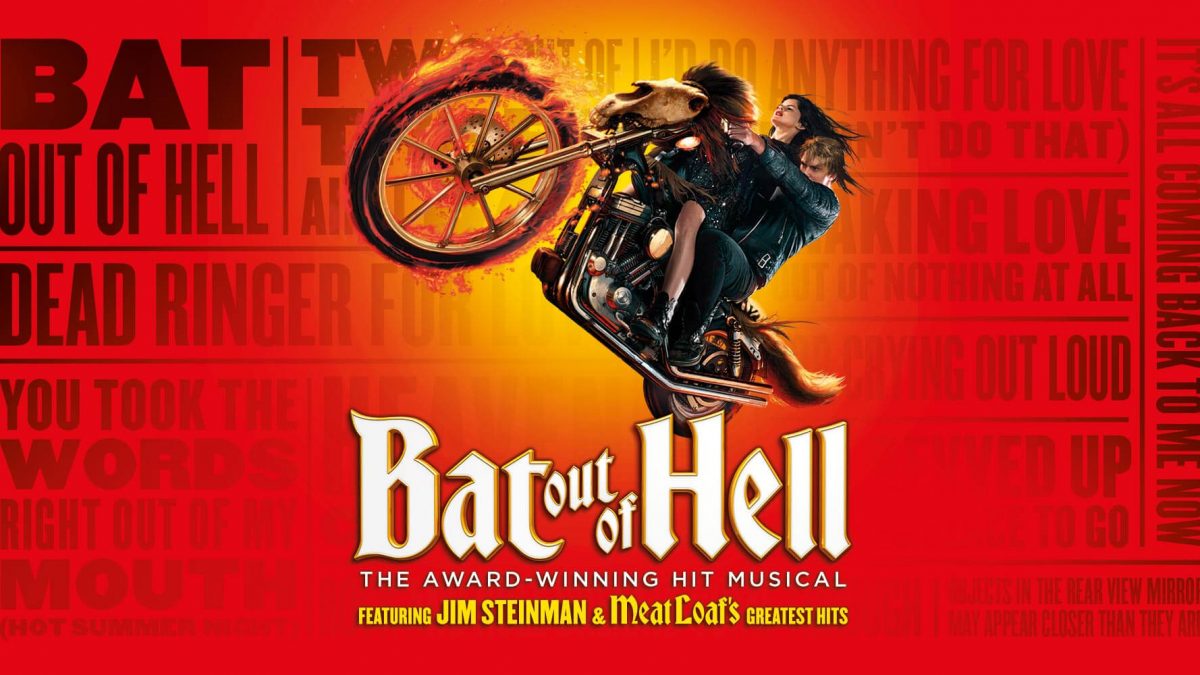Matt Smith faces flak over trigger warning ‘debate’

It seems trigger warnings have become the discourse du jour in the theatre community this month.
Last week, Ralph Fiennes, currently starring in Macbeth, took aim at warnings over the content in Shakespeare’s work.
He told BBC One’s Sunday with Laura Kuenssberg: “I think we didn’t use to have trigger warnings. I mean, they are very disturbing scenes in Macbeth, terrible murders and things.
“But I think the impact of theatre should be that you’re shocked and you should be disturbed. I don’t think you should be prepared for these things and when I was young, (we) never had trigger warnings for shows.”
Now Matt Smith, appearing in An Enemy of the People, has offered up his concurring views.
He backed Fiennes’ comments: “I agree. I watched it, I agree with Ralph utterly and completely. That’s why we go to the theatre isn’t it?
“To be shocked, to be arrested out of ourselves, to recognise ourselves in front and with an audience.”
Both said they weren’t against alerts for things like strobe lighting but suggested further content warnings were taking away from the theatrical experience.
Smith continued: “I worry sometimes that we’re moving towards a sort of sanitised version of everything and we’re stripping the danger and the invention and the ingenuity out of everything.
“Isn’t art meant to be dangerous?”
The actors’ comments have stirred up a debate online on social media websites such as a X/Twitter.
Theatre blogger Mica Blackwell posted: “Content warnings don’t reduce a show’s shock or spoil it. They help people who may get distressed by a show’s topics/imagery because of their own trauma.”
Actor Daniel Bravo chimed in: “Theatre can be shocking and provocative. Trigger warnings can alert people who need to know about the contents of said theatre piece to prevent having an anxiety attack in an auditorium full of people. Both things can exist simultaneously !! I’m tired of this conversation.”
And Wellbeing in the Arts, which offers mental health support for the arts industry, shared: “Like we do with many things in our day to day lives, if something does not apply to us, we can simply ignore it. But, for those people who content warnings do apply to, they can be vitally important and do not take away from anyone’s experience of live theatre.”
We do find it bizarre how a footnote on a website or a piece of A4 paper attached to a door of a theatre has become the focus of so much grief from some.
These warnings are nothing new. The BBFC has been issuing ratings and content guidance for films and TV shows as far back as 1912.
And of all the problems in the UK arts sector right now, it’s a shame to waste a slot on primetime TV with such a tired ‘debate’.
More on: Musical Theatre News






